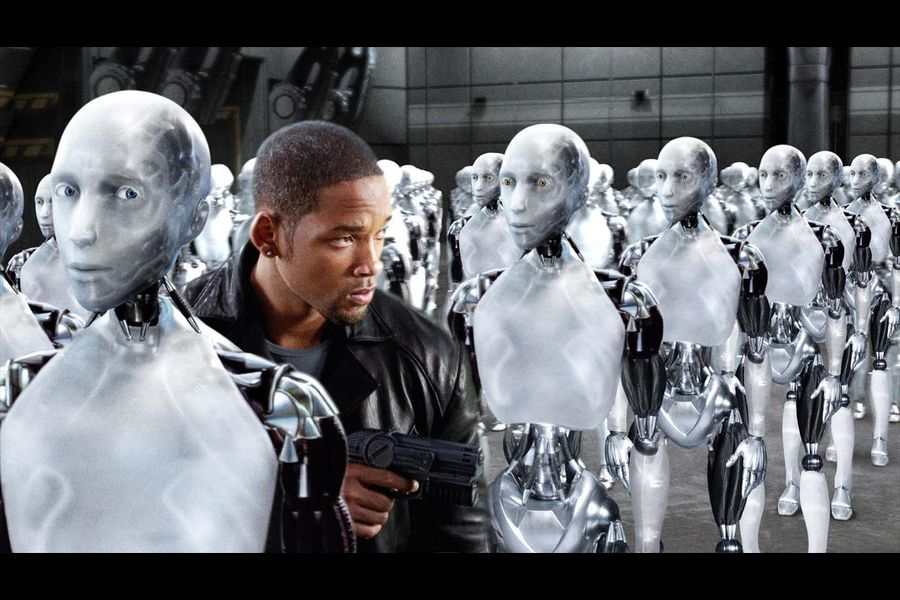My parents run their own software company, so a reliance on technology has never not been an option for. I grew up in the world of computer programming, and therefore learned early on both the positive and negative impacts of technology on our daily lives. Even though my parents spent a good chunk of time on their computers, I never really relied on my phone or computer for entertainment until high school. Technology is their main source of income, but I was always expected to spend my days outside - be that walking the family dog or helping take care of the horses on Aunty Karen's farm, I was never addicted to my phone in the way that many of my friends are. That being said, my parents running a tech-based company taught me very early on what a healthy relationship with technology looked like, so I've never really worried about my own screen time. Like anyone else, 2020 and Covid lockdown rolled around and I spent all day, everyday in zoom class or on TikTok.
As seen in the Futurama video, modern technology has vast benefits ranging from limitless information at the touch of a button to effortless buying and selling of goods. Programs like WeChat offer free messaging services with automatic translating options to allow communication with those in other countries (my family uses this app frequently to communicate with international students we've hosted, as well as their families).
Despite the many benefits technology has provided, it's important to acknowledge all the downsides and negative side effects (although unintentional) we experience because of our dependence on our tech. Although not a trademarked term, I think we're all familiar with the "Snapchat Generation". I categorize them as young gen z-ers who likely started using social media far too young, and have developed their entire personality around it (or in my opinion a lack of personality). We're a generation of people who genuinely never learned to communicate face to face - we relied on Snapchat and other means of online messaging to stay in touch with friends. This is demonstrated brilliantly in the Steve Cutts video remixing "Mad World". This animation also touches on the impact social media has on mental health - including a shocking visual of a girl jumping off a building after a video of her dancing was shared online and used to poke fun at her. This goes to show how detrimental online communication can be, as people are comfortable saying things they might never in person when hiding behind a screen - resulting in increased rate of cyberbully, and snowballing in greater youth depression and suicide rates.
















